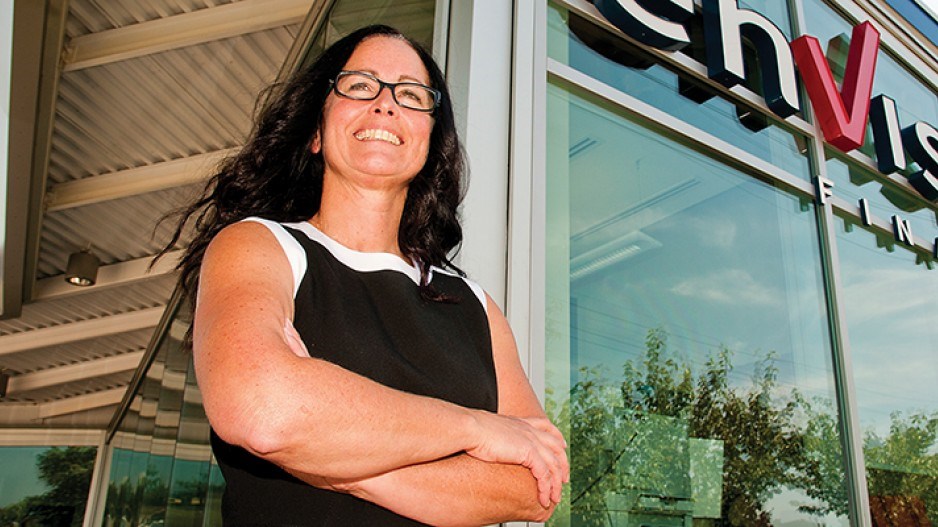They are the two defining generations of our workforce: the baby boomers, now creeping into retirement more slowly than originally anticipated, and the millennials, bringing with them a high level of technological savvy and searching for a new work-life balance.
The challenge of any modern workplace is finding a way for boomers and millennials to not only share the same workspace, but also work together efficiently. Shelley Besse, president of Envision Financial, a division of First West Credit Union, and the new chair of the Surrey Board of Trade, said mixing these two demographics together in the labour force can pose challenges.
“Each generation has different learning styles and different communication styles and needs,” Besse said. “So how do you make sure you are actually able to engage your workforce across all those generations?”
People under 19 make up almost a quarter of Surrey’s population. Residents aged 10 to 19 in Surrey make up a quarter of Metro Vancouver’s total youth population, and a third of those Surreyites are also working part-time during school. Besse said part of society’s challenge of properly integrating such a large number of millennials into the workforce is not only finding them full-time jobs or schooling after graduation, but also understanding what their life goals are. This means asking them questions instead of telling them what to do.
“You get to that point by understanding that each of these generations brings their own strengths to the table and actually comes to work for very different reasons – and figuring out how you learn something from somebody who is a different generation or who might be younger than you as well,” she said.
She said one of the ways Envision Financial is helping to bridge the gap is an in-house mentorship program. Besse herself is a part of it, connecting with Brian Bevilacqua, senior manager for communications and public relations for First West Credit Union, which runs Envision Financial.
“Being a cusp gen-Xer, tweeting wasn’t necessarily in my wheelhouse or something that I was born to do and was natural,” Besse said. “So I formed a partnership with somebody in my organization that’s a millennial to help me get good at it. And it goes both ways; we end up teaching each other.”
Bevilacqua said it’s been a great partnership.
“Shelley has invested a lot in me, and through her mentorship I’ve developed stronger leadership skills. As a millennial and a digital native, I’ve been able to mentor Shelley to build her confidence with social media.”
Also as part of the company’s efforts to close the divide, the credit union recently held its own leadership summit, run by Olivia McIvor and the Organizational Culture Group.
McIvor said generational workforce issues came to the fore about seven years ago.
“Boomers are now starting to retire, albeit five to six years later due to the 2008 economic downturn,” McIvor said. “So things are starting to move, and now wisdom and knowledge transfer have reached a critical state for organizations that weren’t prepared. I believe many companies got lax about this knowledge transfer because people weren’t retiring or even leaving their workplaces at the same rate as before due to insecurity of watching the mounting layoffs and hiring freezes going on.”
Besse said a succession plan is important for millennials looking to fill those upper management roles that boomers are leaving. However, once again, it’s a process still working out some kinks.
“People in some means are delaying retirement or delaying full retirement. We’ve had a few people who thought they would retire at 55 or 65, and yet when they kind of let go they actually really missed what they did. And trying to fill their life outside of work, it was a bit difficult, so we’ve had people come back and work three days a week.”




